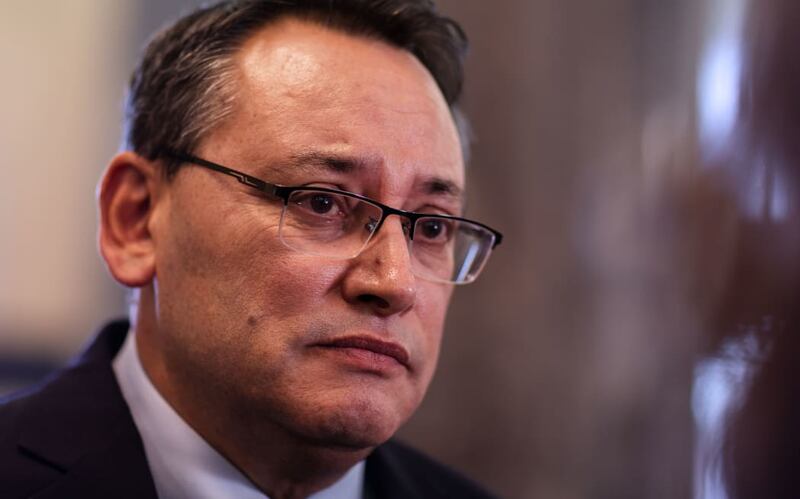Northland emergency doctors have written to Health Minister Dr Shane Reti saying a plan to repeal parts of the Smokefree legislation is anti-health.
They were the latest in a string of health organisations, professionals and academics to criticise the new government’s plan, including calls for Reti to resign.
The new government aims to repeal legislation that restricted the sale of tobacco to anyone born after 2009 and the phasing in of low-nicotine cigarettes.
The law would also have reduced the number of outlets selling tobacco products from about 6000 nationwide to about 600.
In just a few days, the open letter had got the support of nearly 20 emergency doctors in the region.
It said the government was “seeking to prioritise short-term tax revenue over long-term public health”.
“Each shift we are confronted with the direct and indirect health impacts of tobacco use. From [emphysema], cancer diagnoses, high blood pressure, heart attack to stroke, the burden that tobacco use has on our emergency departments is incalculable,” the letter said.
“We have had enough of delivering bad news about someone’s new diagnosis of lung cancer.
“It is not the role of the government to reimpose these burdens onto us as physicians or onto the public as victims.”

Emergency medicine doctor Gary Payinda, one of the letter’s signatories, said the smokefree legislation had been one of the biggest single reducers of cancer.
“It would be ridiculous to undo it,” he said.
People would get sicker from smoking-related conditions, and as a result, would rack up huge costs in the health system, Payinda said.
He could not understand why the health minister, and former doctor, Reti, was supporting the proposal.
“As a fellow physician, you surely must know the costs of such short-sightedness,” the letter said.
Reti has defended his government’s plan saying vaping would remain the primary tool for reducing smoking rates.
The new government was committed to reducing smoking rates in New Zealand, he told Checkpoint last week.
Vaping had made a significant contribution to reducing adult smoking rates and it remained the main tool for a smoking rate that was slowly but surely improving, he said.
It was good that the trend was going in the right direction but they would also look at what else could be done to accelerate the number of people stopping smoking, he said.
Dr Reti denied abolishing the proposed legislation was a U-turn given that National did not vote for it during its third reading in Parliament.
“I am pleased, as we should all be, with the adult smoking rate reduction, but we all want to do more, we’re all committed to reducing the smoking rates in New Zealand and I remain committed to that.”
When asked if National had any proof that ram raids would increase if the number of retailers selling cigarettes reduced, Reti said they had concerns from those who were afraid they would be the victims of serious crimes as a result of the law.
Reti repeated that he wanted to save as many lives as possible.
“We will work through the tools in the tool kit that we have to add to vaping, which is our prime tool at the moment.”


